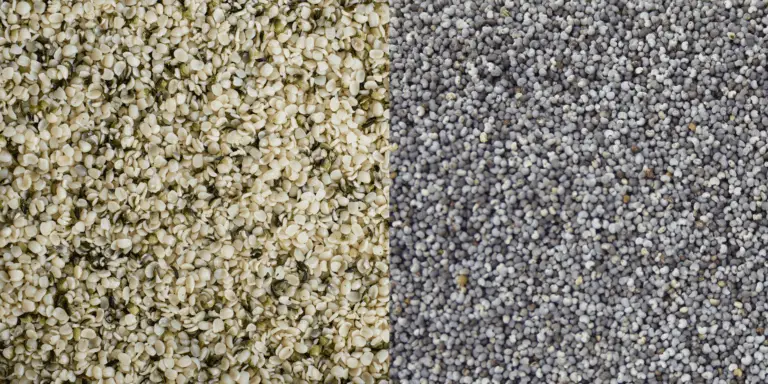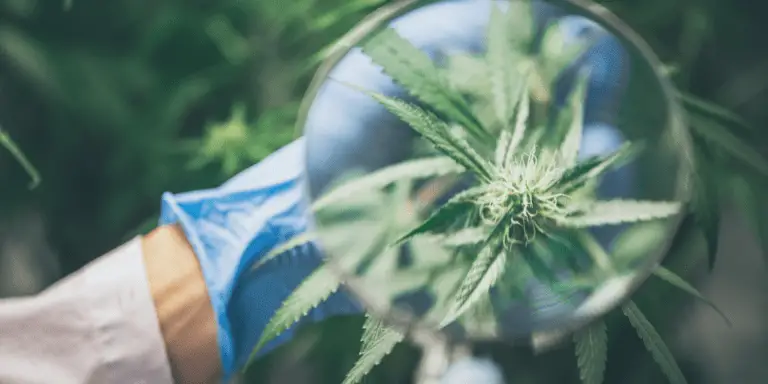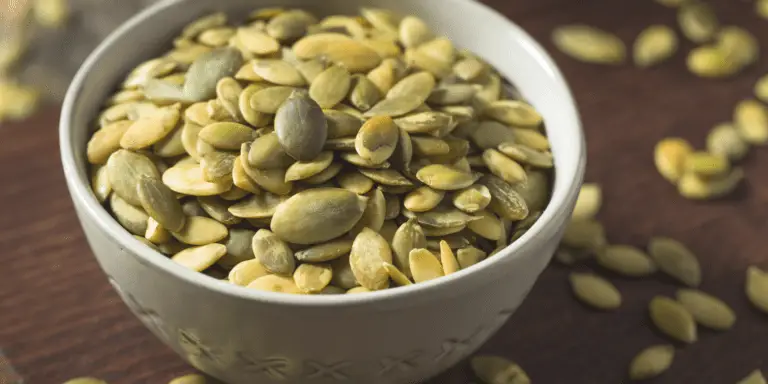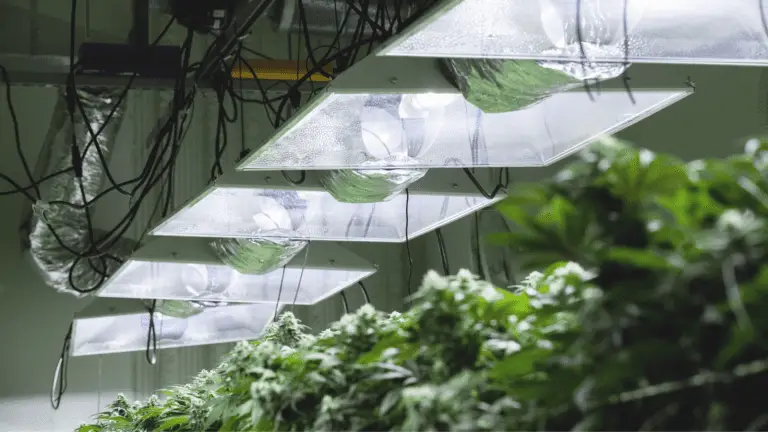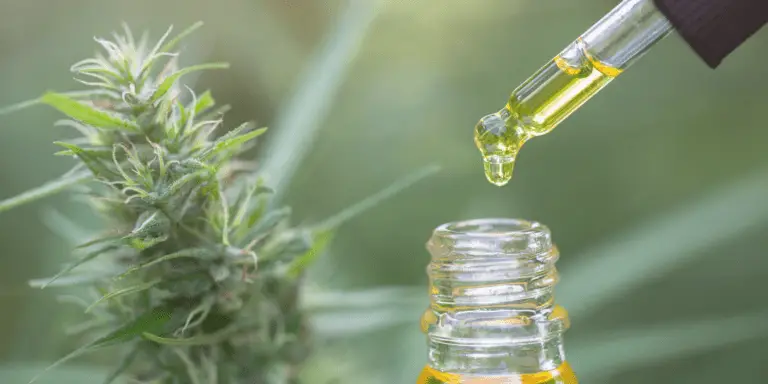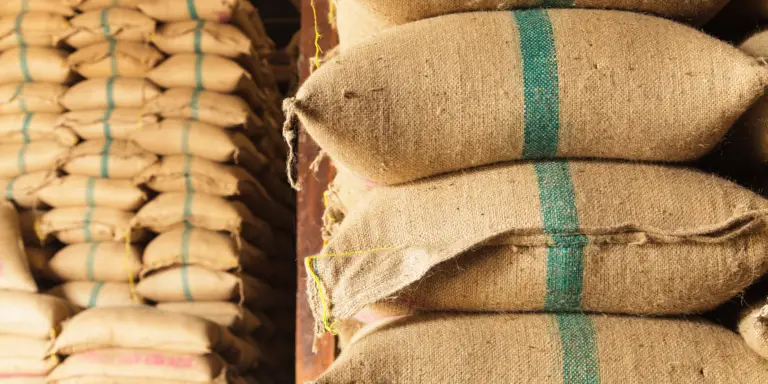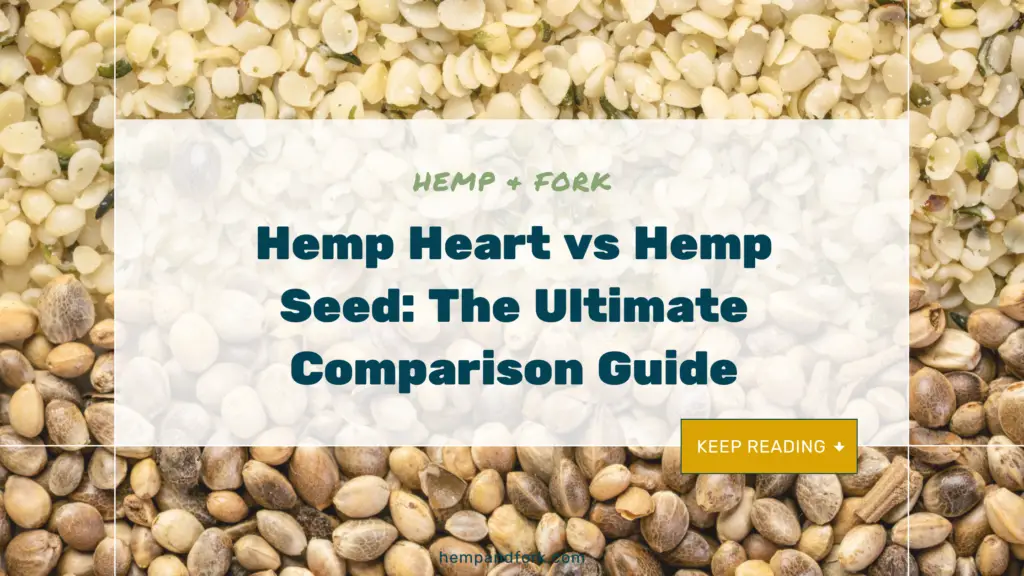
Hemp, a plant with a rich history and a plethora of uses, has been a staple in various cultures for thousands of years. From its robust fibers used in textiles and ropes to its nutritious seeds incorporated in culinary delights, hemp’s versatility is truly remarkable. In the culinary world, especially, there’s often a debate or confusion surrounding two of its products: hemp heart vs hemp seed. Understanding the distinction between these two is crucial, not just for the success of a recipe but also to harness their unique health benefits.
What is Hemp?
Hemp, a member of the Cannabis sativa plant species, has been cultivated for over 10,000 years. Its historical significance is intertwined with the development of early civilizations. Ancient societies recognized the plant’s potential and utilized it in various forms, from crafting durable clothing to producing paper.
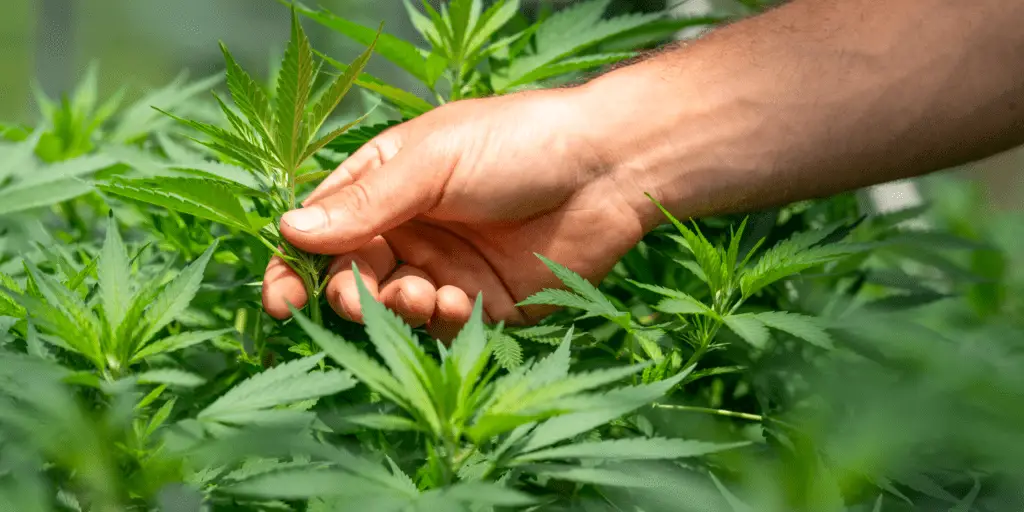
Key Historical Points
- Ancient China (2800 BCE): Hemp was used to make ropes, paper, and even as a food source.
- Ancient Egypt (2000 BCE): Hemp fibers were used in the construction of sails for ships.
- Medieval Europe (500-1000 AD): Hemp became a primary material for creating textiles.
In today’s context, hemp is not just a historical artifact but a dynamic plant that caters to modern needs. The plant’s parts are processed to produce a range of products, each with its unique benefits:
Types of Hemp Products
- Hemp Seeds: These are the whole seeds of the hemp plant. They can be consumed raw, roasted, or pressed to produce hemp seed oil. Rich in essential fatty acids, they’re a nutritional powerhouse.
- Hemp Hearts: This refers to the inner, hulled part of the hemp seed. Soft in texture and packed with nutrients, hemp hearts are often added to salads, smoothies, and other dishes for a nutritional boost.
- Hemp Oil: Extracted from the seeds of the hemp plant, hemp oil is rich in omega-3 and omega-6 fatty acids. It’s used both as a culinary ingredient and for its potential health benefits.
- Hemp Protein Powder: A plant-based protein source that’s gaining popularity among vegetarians and vegans. It’s known for its complete amino acid profile.

Elevate your meals with Manitoba Harvest Hemp Seeds—packed with 10g of plant protein and 12g omega 3 & 6, perfect for a healthful twist to smoothies, salads, and yogurt. This versatile, non-GMO and vegan-friendly superfood is a delicious, nutritious addition to any diet, praised for its quality and nutty taste. Plus, it’s keto, paleo, and gluten-free, aligning with various health goals.

Experience the plant-powered goodness of Manitoba Harvest Organic Hemp Oil. Packed with 12g of Omegas 3 & 6 per serving, this cold-pressed oil supports a healthy lifestyle, fitting a variety of diets from vegan to keto. Sustainably grown, it’s a pure, non-GMO boost for your wellness routine.
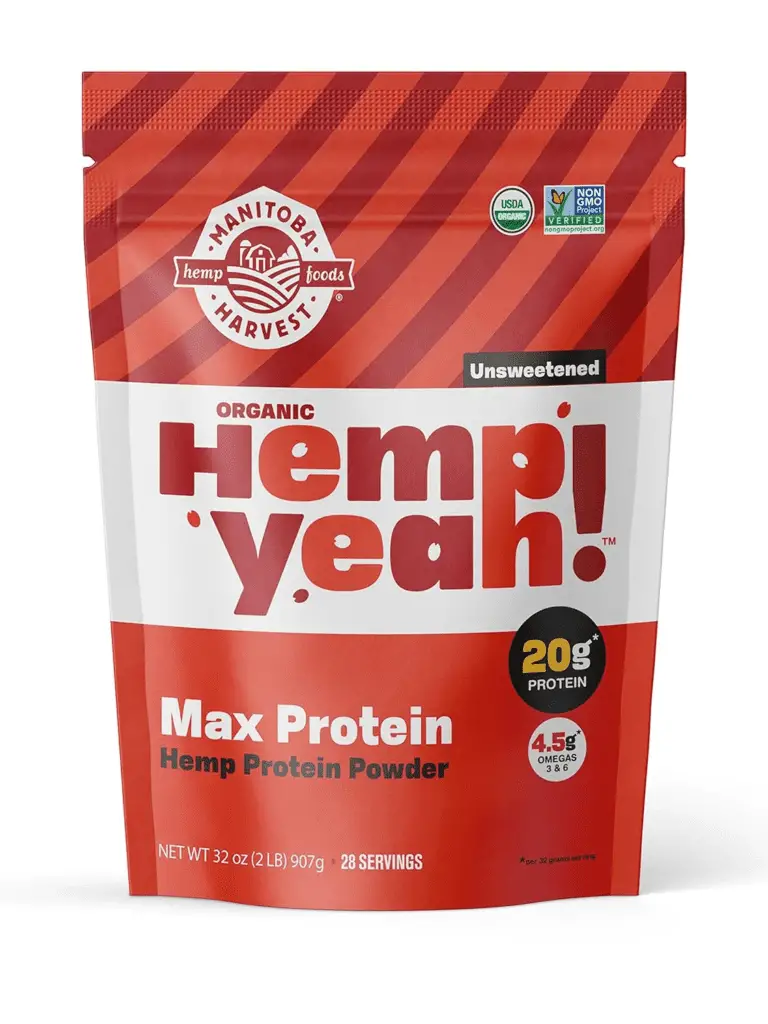
Manitoba Harvest Hemp Yeah! Protein Powder is an organic, plant-powered fuel with 20g protein and 4.5g Omegas per serving. Ideal for a nutritious boost without added sweetness, it’s perfect for a clean, vegan, keto-friendly diet. Plus, it’s easy to mix, ensuring a smooth start to your day.
💪 Learn about the benefits of hemp protein powder in our article: Unlock the Ultimate Health Benefits of Hemp Protein Powder
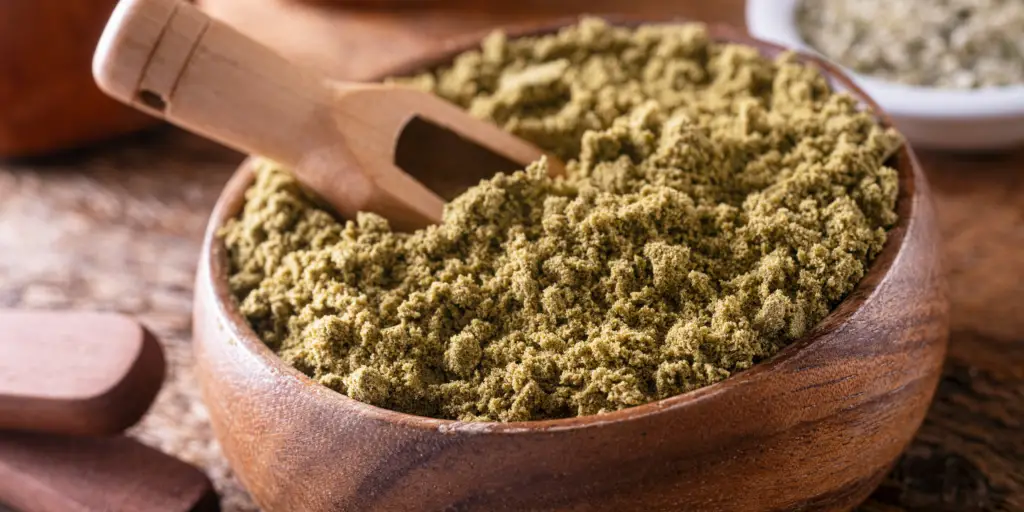
Hemp Heart vs Hemp Seed: Characteristic Comparison
Often referred to as the plant’s “jewels,” hemp seeds are small, brown seeds from the Cannabis sativa plant. Hemp seeds are a powerhouse of nutrition, packed with essential fatty acids, protein, vitamins, and minerals, and their comparative health benefits with other seeds like flax are noteworthy.
| Characteristics | Description |
|---|---|
| Texture & Taste | Mild, nutty flavor; can be consumed raw, roasted, or ground into a powder. |
| Nutritional Profile | A nutritional powerhouse packed with essential fatty acids, protein, vitamins, and minerals. |
| Versatility | Can be sprinkled on salads, blended into smoothies, or made into hemp milk. |
One of the most common misconceptions surrounding hemp seeds is their association with THC, the psychoactive compound found in marijuana. However, it’s crucial to note:
- THC Content: Hemp seeds contain trace amounts of THC, usually less than 0.3%. This is negligible and won’t produce any psychoactive effects.
- Safety: Due to their minimal THC content, hemp seeds are safe for consumption by individuals of all ages.
When it comes to consuming hemp seeds, there’s often a debate between hulled (or shelled) and whole hemp seeds:
Hulled Hemp Seeds: These are hemp seeds with the outer shell removed, revealing the soft, nutritious inner part known as the hemp heart. They’re easier to eat and digest.
Whole Hemp Seeds: These retain their outer shell, giving them a crunchy texture. The shell is a good source of fiber, making whole hemp seeds a favorite among those looking to boost their fiber intake.

Delving into Hemp Hearts
Hemp hearts are the tender, edible insides of hemp seeds. Once the outer shell of the hemp seed is removed, what remains is this soft, nutty, and nutritious core. Hemp hearts are rich in omega-3 and omega-6 fatty acids, protein, and essential vitamins and minerals, making them similar to chia seeds in some respects.
| Characteristics | Description |
|---|---|
| Texture & Taste | Mild, nutty flavor; can be consumed raw, roasted, or ground into a powder. |
| Nutritional Profile | A nutritional powerhouse packed with essential fatty acids, protein, vitamins, and minerals. |
| Versatility | Can be sprinkled on salads, blended into smoothies, or made into hemp milk. |
The Nutritional Benefits of Hemp Hearts
- Digestibility: Without the outer shell, hemp hearts are easier on the digestive system, making them an excellent choice for those with sensitive stomachs.
- Protein Content: They are a complete protein source, meaning they provide all the essential amino acids our bodies need.
- Healthy Fats: Hemp hearts are a great source of essential fatty acids, particularly omega-3 and omega-6, which are vital for heart health and brain function.
Hemp Seeds vs. Hemp Hearts in Cooking
When it comes to the culinary world, both hemp seeds and hemp hearts have carved out their niche. However, their distinct characteristics influence how they’re used in recipes.
Comparison of Uses in Recipes
Hemp Seeds: Due to their crunchy texture, whole hemp seeds are often sprinkled on top of salads, incorporated into granola, or used as a crunchy topping for dishes like yogurt and oatmeal. They can also be ground and mixed into dough for baked goods, adding a nutty flavor and a boost of nutrition.
Hemp Hearts: Their soft texture makes hemp hearts a versatile ingredient. They can be blended into smoothies, stirred into oatmeal, mixed into salad dressings, or even used as a base for making hemp milk. Their mild flavor allows them to integrate into both savory and sweet dishes seamlessly.
🥗 Looking for more ways to incorporate hemp into your diet? Check out our article on cooking with hemp!
Nutritional Showdown: Hemp Seeds vs. Hemp Hearts
At their core, both hemp seeds and hemp hearts come from the same source, so they share many nutritional attributes. However, the process of removing the outer shell to produce hemp hearts does lead to some differences.
| Nutritional Values | Description |
|---|---|
| Protein | Excellent sources of plant-based protein, offering all nine essential amino acids. |
| Healthy Fats | Rich in omega-3 and omega-6 fatty acids, crucial for heart and brain health. |
| Vitamins & Minerals | Provide essential vitamins and minerals like magnesium, iron, and zinc. |
Differences in Fiber Content and Benefits
Hemp Seeds: The outer shell of hemp seeds is a significant source of dietary fiber. Fiber is essential for digestive health, can help regulate blood sugar levels, and aids in maintaining a feeling of fullness, which can be beneficial for weight management.
Hemp Hearts: While they still contain some fiber, hemp hearts have less than whole hemp seeds due to the removal of the fibrous outer shell. However, they’re easier to digest, making them a suitable option for those with sensitive stomachs or digestive issues.
A detailed nutritional profile of hemp seeds by the USDA
Health Benefits of Hemp Hearts and Hemp Seeds
Hemp, a versatile plant, offers a myriad of health benefits through its seeds and hearts. Both forms are nutritional powerhouses, but they each have unique attributes that contribute to overall health and well-being.
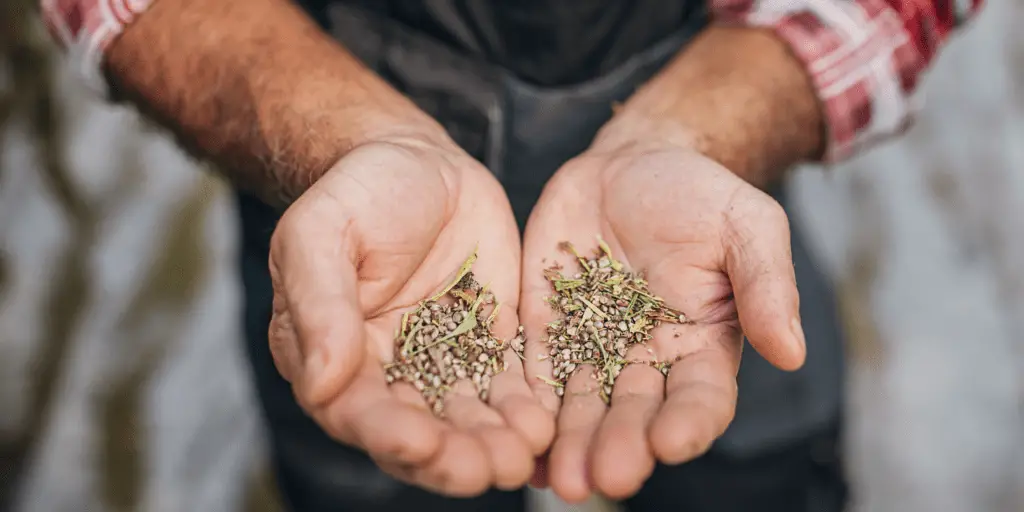
1. Rich in Essential Fatty Acids:
Both hemp hearts and hemp seeds are excellent sources of omega-3 and omega-6 fatty acids. These essential fatty acids are crucial for heart health, brain function, and reducing inflammation in the body.
2. Complete Protein Source:
Hemp is one of the few plant sources that provide a complete protein, meaning it contains all nine essential amino acids. This makes both hemp seeds and hemp hearts particularly valuable for vegetarians and vegans.
3. Packed with Vitamins and Minerals:
Hemp seeds and hearts are rich in vitamins E and B, magnesium, zinc, and iron. These nutrients play a vital role in energy production, immune function, and bone health.
4. Supports Digestive Health:
While hemp seeds, with their outer shell, are a good source of both soluble and insoluble fiber, hemp hearts still retain a portion of this fiber, aiding in digestion and promoting gut health.
5. Promotes Heart Health:
The amino acid arginine, found in hemp, produces nitric oxide in the body. This gas molecule helps dilate blood vessels and reduces the risk of heart disease.
6. May Aid Skin Health:
The fatty acids in hemp seeds may affect immune responses in the body, which can help regulate skin conditions like acne, eczema, and psoriasis.
7. Potential Neuroprotective Properties:
The CBD content in hemp seeds and hearts may offer neuroprotective effects, including anti-inflammatory benefits for the brain.
8. Weight Management:
Being a good source of protein and fiber, hemp seeds and hearts can help you feel full longer, potentially aiding in weight management.
👩⚕️ Dig deeper into the many benefits of hemp with our guide! 13 Hemp Heart Benefits: The Ultimate Guide
Incorporating hemp seeds and hemp hearts into a balanced diet can offer a range of health benefits, from improved heart health to better digestion. Whether you sprinkle them on your morning oatmeal, blend them into smoothies, or use them in baking, you’re adding a boost of nutrition to your meals.
Delicious Hemp-Based Recipes
The versatile culinary applications of hemp hearts extend beyond their nutritional benefits. They can be the star ingredient in a variety of dishes, adding both flavor and health benefits.
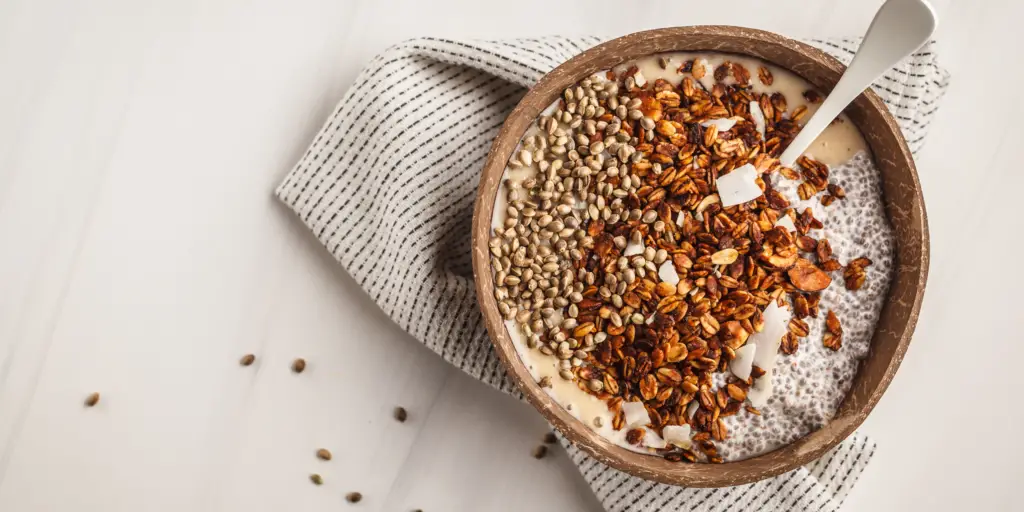
1. Hemp Heart Smoothie: A refreshing blend of hemp hearts, bananas, almond milk, and a touch of honey. This smoothie is not only delicious but also packed with protein and essential fatty acids. Perfect for a post-workout snack or a quick breakfast.
2. Hemp Seed Pesto: Give the traditional pesto a twist by adding hemp seeds. Blend hemp seeds with basil, garlic, olive oil, and parmesan for a creamy, nutty sauce that pairs well with pasta or as a spread on toast.
3. Hemp Seed Salad Dressing: A simple vinaigrette made with hemp seed oil, apple cider vinegar, mustard, and a hint of maple syrup. Drizzle over your favorite salad for an omega-rich boost.
4. Hemp Heart Oatmeal: Elevate your morning oatmeal by stirring in a handful of hemp hearts. They add a soft texture and a protein punch to keep you full until lunch.
5. Hemp Seed Granola Bars: Combine hemp seeds with oats, dried fruits, nuts, and a sweetener of your choice. Bake until golden and enjoy a fiber-rich snack on the go.
Each of these recipes not only showcases the versatility of hemp but also amplifies the nutritional profile of the dishes, making them both tasty and healthful.
FAQ
Conclusion
From the fields where they grow to the plates on our dining tables, hemp seeds, and hemp hearts have journeyed through history, offering both nutritional and culinary delights. Their rich profile of essential fatty acids, proteins, vitamins, and minerals makes them a must-have in every pantry. Whether you’re sprinkling them on a salad, blending them into a smoothie, or incorporating them into more elaborate dishes, the possibilities are endless.
As we’ve journeyed through the world of hemp, understanding its nuances and appreciating its benefits, one thing is clear: hemp seeds and hemp hearts are more than just food; they’re a testament to nature’s bounty. So, the next time you’re in the kitchen, why not experiment with hemp? Embrace its flavors, harness its benefits, and let it elevate your culinary creations.
